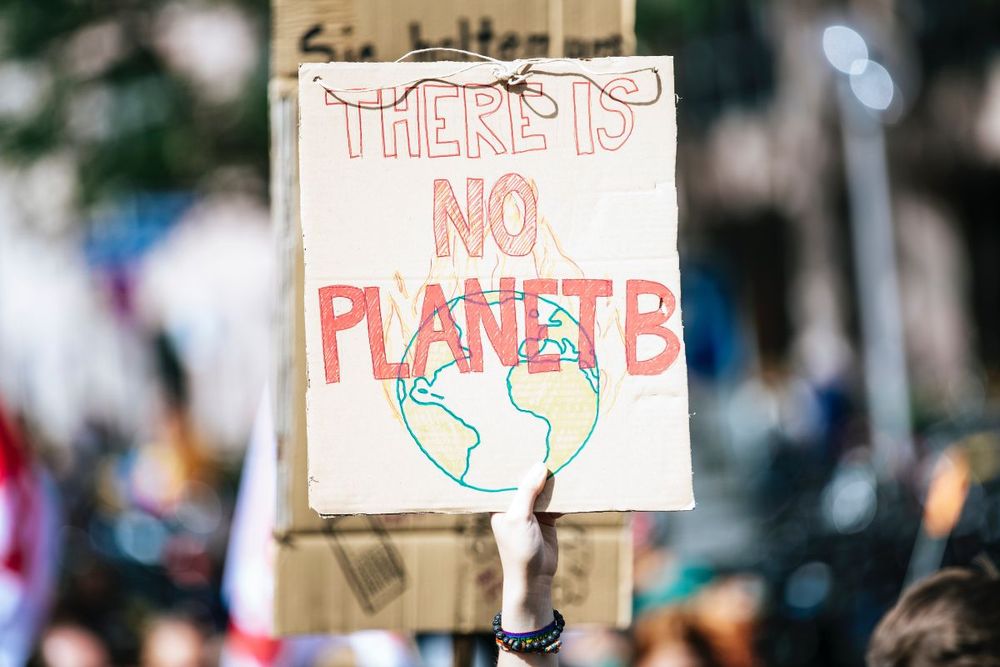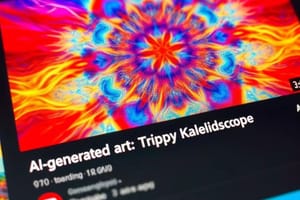The COVID-19 pandemic has slowed progress towards universal access to electricity and clean cooking fuels and technology, and fallout from the situation in Ukraine could result in further setbacks, according to a UN-backed report.
Currently, 733 million people worldwide still do not have access to electricity, and 2.4 billion people still cook using fuels detrimental to their health and the environment. At the current rate of progress, 670 million people will remain without electricity by 2030 – 10 million more than projected last year.
The findings are from the 2022 edition of Tracking SDG 7: The Energy Progress Report, which monitors global efforts to achieve the Sustainable Development Goal (SDG7) of ensuring affordable modern energy supply for everyone by 2030.
The study was produced by UN entities and partners, known as the SDG7 custodian agencies, who urge governments and policymakers to step up action.
"International public financing for renewable energy needs to accelerate, especially in the poorest, most vulnerable countries. We have failed to support those most in need,"
said, Francesco La Camera, Director-General of the International Renewable Energy Agency (IRENA), one of the partners.
"With only eight years left to achieve universal access to affordable and sustainable energy, we need radical actions to accelerate the increase of international public financial flows and distribute them in a more equitable manner, so 733 million people who are currently left behind can enjoy the benefits of clean energy access."
COVID-19 impacts such as lockdowns, supply chain disruptions, and diversion of fiscal resources to keep food and fuel prices affordable, have affected progress towards achieving SDG 7.
The world’s most vulnerable countries have been particularly affected. Nearly 90 million people in Asia and Africa, who previously gained access to electricity, can no longer afford to pay for their basic energy needs.
The report said Africa remains the least electrified in the world, with 568 million people without access. Sub-Saharan Africa’s share of the global population without electricity rose from 71 per cent in 2018 to 77 per cent in 2020, while most other regions saw declines.
Dr. Maria Neira of the World Health Organization (WHO) emphasised why access to clean cooking is critical.
She said millions of people are killed through heart disease, stroke, cancer, and pneumonia because they still rely on dirty cooking fuels and technologies which are major sources of air pollution.
"Women and children are particularly at risk – they spend the most time in and around the home and therefore carry the heaviest burden to their health and well-being,"
said Dr. Neira, Director of WHO’s Department of Environment, Climate Change and Health.
"Transitioning to clean and sustainable energy will not only contribute to make people healthier, it will also protect our planet and mitigate the impacts of climate change,"
she added.
News Source: Emirates News Agency









